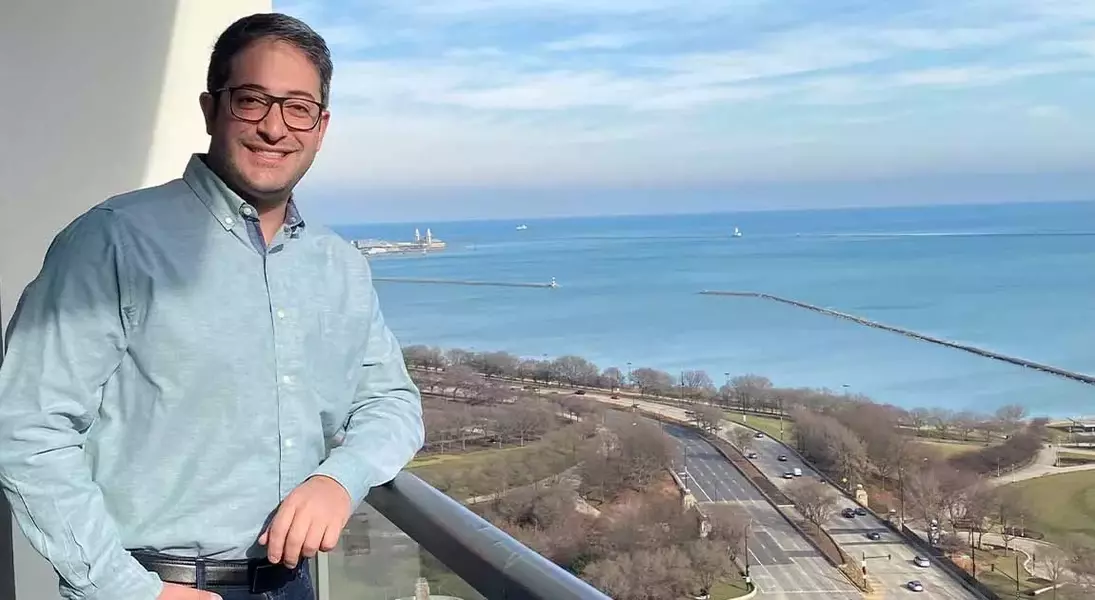
In an era where healthcare professionals face unprecedented challenges, a critical discussion is emerging around the role of artificial intelligence (AI) in alleviating physician burnout. Dr. Anwar Jebran, a primary care physician and clinical assistant professor at Oak Street Health, advocates for a balanced approach that integrates advanced technology with traditional methods to combat this pervasive issue. He will be part of a panel at HIMSS25 titled “Physicians’ Burnout: Is AI the Only Path Forward?” This session will explore innovative solutions like ambient AI and large language models (LLMs), alongside practical, low-tech strategies that can enhance the working lives of healthcare providers. The event aims to provide attendees with actionable insights into reducing administrative burdens and improving patient care.
The debate over AI's potential to address physician burnout has gained traction as more healthcare leaders recognize its transformative capabilities. Dr. Jebran believes that while ambient AI powered by LLMs holds significant promise, it should not be viewed as a standalone solution. These technologies can automate routine tasks such as documentation, freeing up valuable time for doctors to focus on patient care. For instance, ambient AI can accurately capture clinical data during consultations, allowing physicians to concentrate on their patients rather than paperwork. Moreover, LLMs can assist in generating detailed notes and summaries, further streamlining workflows. However, Dr. Jebran emphasizes the importance of a multifaceted approach that also includes optimizing existing processes and fostering better team communication.
Beyond the technological advancements, the session will delve into the broader context of healthcare environments. It will highlight the need for strategic policy-making and effective organizational practices to support provider well-being. Simple yet impactful interventions, such as refining workflows and reducing unnecessary administrative tasks, can significantly improve the quality of life for healthcare professionals. The panelists will share their expertise on how these combined efforts can create a more sustainable and supportive work environment. Additionally, they will discuss the ethical considerations and security concerns associated with implementing AI in healthcare, ensuring that these innovations do not compromise patient safety or equity.
The upcoming HIMSS25 session promises to offer a comprehensive exploration of the challenges and opportunities presented by AI in addressing physician burnout. Attendees will gain valuable insights into how cutting-edge tools can complement traditional strategies to enhance the daily practice of healthcare providers. By adopting a holistic approach that leverages both high-tech and low-tech solutions, organizations can make meaningful strides toward mitigating burnout and improving overall professional satisfaction. Ultimately, the session aims to inspire attendees to implement practical changes that foster a healthier and more efficient healthcare ecosystem.
